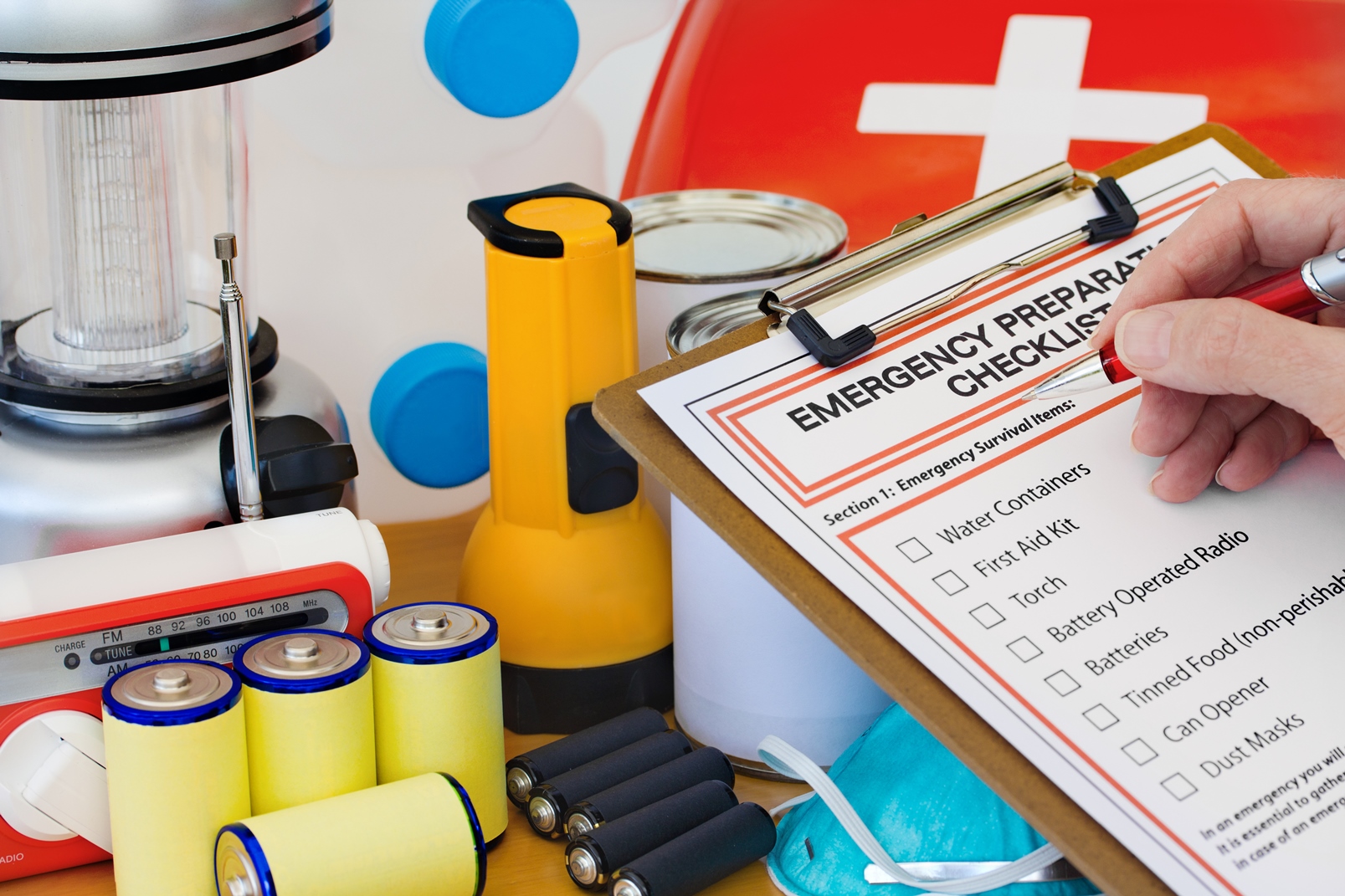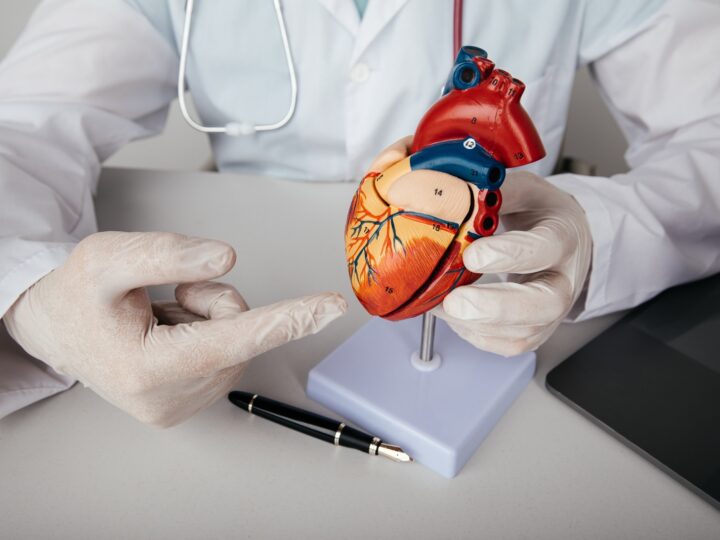MediWound, a biopharmaceutical company headquartered in Yavneh, has won a contract valued at up to $112 million from the US Biomedical Advanced Research and Development Authority (BARDA) to advance the development of NexoBrid, its proprietary enzyme treatment for non-traumatic, non-surgical removal of dead or damaged tissue (eschar) in adults with deep thermal burns.
BARDA, which operates within the Office of the Assistant Secretary for Preparedness and Response in the US Department of Health and Human Services, envisions the Israeli product as part of the medical arsenal for treating wounds sustained in mass casualty events.
The five-year base contract includes $24 million to support development activities to complete the US Food and Drug Administration(FDA) approval process for NexoBrid for use in thermal burn injuries, as well as $16 million for procurement of NexoBrid contingent upon FDA authorization.
The contract includes options for further funding of up to $22 million for expanding NexoBrid’s indications and up to $50 million for additional procurement of NexoBrid.
“BARDA’s commitment underscores the important role NexoBrid might play in preparing for mass casualty events where subsequent surgical capacity is limited and rapid severity assessment and intervention are imperative,” stated Gal Cohen, president and CEO of MediWound.
“In addition to the U.S. government’s interest in NexoBrid in preparing for burn mass casualty events, last fall the Disaster Committee of the International Society for Burn Injuries recommended inclusion of NexoBrid in their draft plan for mass casualty events, as they, too, see a role for NexoBrid in providing relief in the expected bottleneck in hospitals after such disasters,” said Cohen. “We look forward to working with various international agencies and with governments to advance the use of NexoBrid for mass casualty and disaster preparedness, as well as in military medicine.”
NexoBrid is already in use in Europe and Israel, and MediWound is conducting a Phase 3 clinical study in the United States.
Fighting for Israel's truth
We cover what makes life in Israel so special — it's people. A non-profit organization, ISRAEL21c's team of journalists are committed to telling stories that humanize Israelis and show their positive impact on our world. You can bring these stories to life by making a donation of $6/month.








